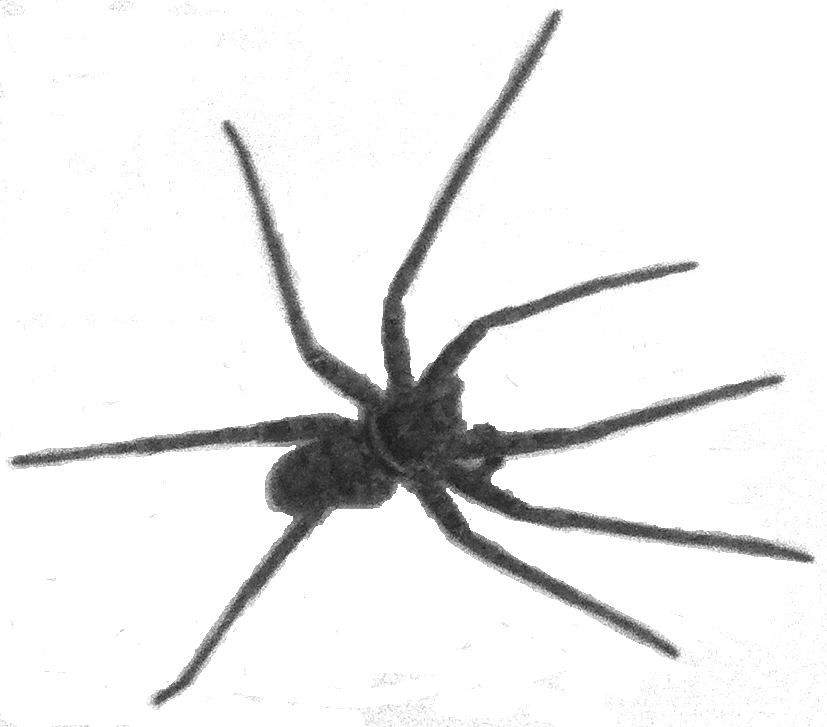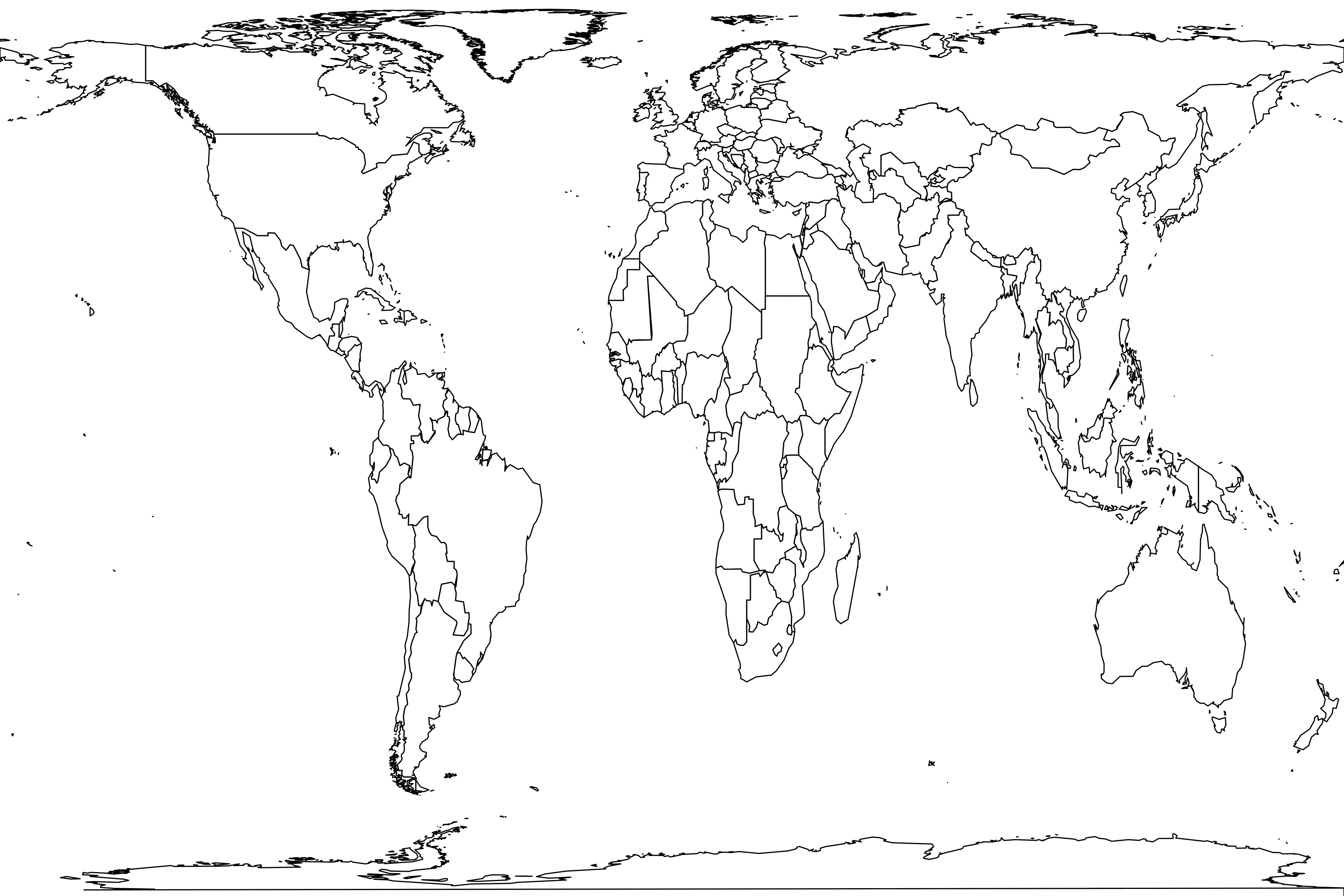Yonas Molar Site
Basic information
Sample name: Yonas Molar Site
Sample aka: ARA-VP-1
Reference: T. D. White, S. H. Ambrose, G. Suwa, D. F. Su, D. DeGusta, R. L. Bernor, J.-R. Boisserie, M. Brunet, E. Delson, S. Frost, N. Garcia, I. X. Giaourtsakis, Y. Haile-Selassie, F. C. Howell, T. Lehmann, A. Likius, C. Pehlevan, H. Saegusa, G. Semprebon, M. Teaford, and E. Vrba. 2009. Macrovertebrate paleontology and the Pliocene habitat of Ardipithecus ramidus. Science 326:87-93 [ER 4407]
Geography
Country: Ethiopia
Coordinate: 10.477° N, 40.446° E
Coordinate basis: estimated from map
Scale: quarry
Formation: Sagantole
Time interval: Early Pliocene
Max Ma: 4.419
Min Ma: 4.416
Age basis: Ar-Ar
Geography comments: the site name is given by White et al. (2009)
from the Lower Aramis Member of the Sagantole Formation in "the Central Awash Complex (CAC) of the Middle Awash study area" (WoldeGabriel et al. 2009)
the exact location is shown in Fig. 1 of WoldeGabriel et al. (2009
"The Aramis Member directly overlies the Gŕala (“Camel”) Tuff Complex (GATC), which has a 40Ar/39Ar age of 4.419 ± 0.068 Ma" and is "overlain by the Daam Aatu (“Baboon”) Basaltic Tuff (DABT), which has a 40Ar/39Ar age of 4.416 ± 0.031 Ma" (WoldeGabriel et al. 2009)
from the Lower Aramis Member of the Sagantole Formation in "the Central Awash Complex (CAC) of the Middle Awash study area" (WoldeGabriel et al. 2009)
the exact location is shown in Fig. 1 of WoldeGabriel et al. (2009
"The Aramis Member directly overlies the Gŕala (“Camel”) Tuff Complex (GATC), which has a 40Ar/39Ar age of 4.419 ± 0.068 Ma" and is "overlain by the Daam Aatu (“Baboon”) Basaltic Tuff (DABT), which has a 40Ar/39Ar age of 4.416 ± 0.031 Ma" (WoldeGabriel et al. 2009)
Environment
Lithology: claystone
Taphonomic context: overbank deposit,bird accumulation
Habitat comments: the member consists of "silt, clay, and sand of variable thickness and induration, deposited on a floodplain" (WoldeGabriel et al. 2009) and the fossils are specically from "alluvial silty clay" according to White et al. (2009)
there is no evidence of "hydraulic transport" but is marking of bone by mammalian carnivores, crocodiles, rodents, and insects (Louchart et al. 2009)
there is no evidence of "hydraulic transport" but is marking of bone by mammalian carnivores, crocodiles, rodents, and insects (Louchart et al. 2009)
Methods
Life forms: carnivores,primates,ungulates,other large mammals
Sampling methods: quarry,screenwash
Sample size: 1342 specimens
Years: 1992 - 1997
Sampling comments: quarried, screenwashed, and surface crawled
collection years are mentioned in Fig. 2 of White et al. (2009) and in the text
indeterminate bovids identified to tribe are also enumerated
small mammals and bird bones are present according to Louchart et al. (2009) and pollen and millipedes are present according to WoldeGabriel et al. (2009), who also suggest that "insect larvae, dung beetle broodballs and nests, diverse gastropods" are present
"wood fragments, seeds" were collected according to White et al. (2009)
collection years are mentioned in Fig. 2 of White et al. (2009) and in the text
indeterminate bovids identified to tribe are also enumerated
small mammals and bird bones are present according to Louchart et al. (2009) and pollen and millipedes are present according to WoldeGabriel et al. (2009), who also suggest that "insect larvae, dung beetle broodballs and nests, diverse gastropods" are present
"wood fragments, seeds" were collected according to White et al. (2009)
Metadata
Sample number: 4686
Contributor: John Alroy
Enterer: John Alroy
Modifier no: John Alroy
Created: 2025-08-30 06:40:02
Modified: 2025-08-30 06:46:21
Abundance distribution
32 species
6 singletons
total count 1342
geometric series index: 46.8
Fisher's α: 5.890
geometric series k: 0.8141
Hurlbert's PIE: 0.7581
Shannon's H: 2.0098
Good's u: 0.9955
Each square represents a species. Square sizes are proportional to counts.
• Find matching samples
Register
| Hippopotamidae indet. | 15 | |
| Cainochoerus sp. | 4 | |
| said to be new | ||
| †Kolpochoerus deheinzelini | 11 | |
| Nyanzachoerus jaegeri = †Notochoerus jaegeri | 6 | |
| †Nyanzachoerus kanamensis | 35 | |
| Neotragini indet. | 12 | |
| Aepyceros sp. | 51 | |
| cf. | ||
| Damalops sp. | 6 | |
| Gazella sp. | 1 | |
| questionably | ||
| Simatherium sp. | 4 | |
| cf. | ||
| †Ugandax cf. gautieri | 3 | |
| also 2 Ugandax sp. | ||
| †Tragelaphus cf. moroitu | 588 | |
| referred to in the table as "Tragelaphus kyloae" (a nomen nudum) | ||
| Praedamalis sp. | 1 | |
| Kobus sp. | 1 | |
| "Kobus preoricornis" (an apparent nomen nudum) | ||
| Giraffa sp. | 8 | |
| Sivatherium sp. | 9 | |
| Hyaenidae indet. | 42 | |
| Enhydriodon sp. | 1 | |
| Agriotherium sp. | 2 | |
| Dinofelis sp. | 1 | |
| questionably | ||
| Felis "small" | 6 | |
| Felis "medium" | 2 | |
| also 2 "Felis indet." | ||
| Ceratotherium sp. | 5 | |
| said to be new | ||
| Diceros sp. | 1 | |
| Eurygnathohippus sp. | 45 | |
| †Pliopapio alemui | 164 | |
| †Kuseracolobus aramisi | 225 | |
| †Ardipithecus ramidus | 54 | |
| Anancus sp. | 3 | |
| Deinotherium sp. | 2 | |
| Elephantidae indet. | 10 | |
| Orycteropus sp. | 24 | |


